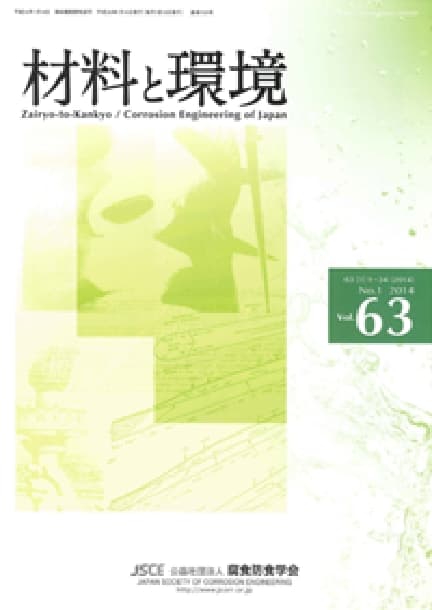Historical and Future Perspectives on Corrosion Inhibitor Studies
Kunitsugu Aramaki
pp. 348-351
Abstract
The history of studies on metallic corrosion inhibitors is reviewed. Most of fundamental adsorption and oxidation inhibitors were developed by the 1950s while precipitation inhibitors were mainly thereafter. It is important to be noted that novel environmentally acceptable (green) inhibitors were investigated mostly after 1970. The quality of inhibitor investigation was gradually changed from finding a new, effective inhibitor for metallic corrosion to elucidating inhibition mechanism by discussing data of electrochemical experiments and surface analyses and also using physical and chemical properties of inhibitors since the 1960s. The linear free energy relationship, the hard and soft acids and bases principle, and quantum chemical calculations were introduced for discussing mechanisms of corrosion inhibition. In future, effective green inhibitors will be developed by derivation from naturally occurring substances.










